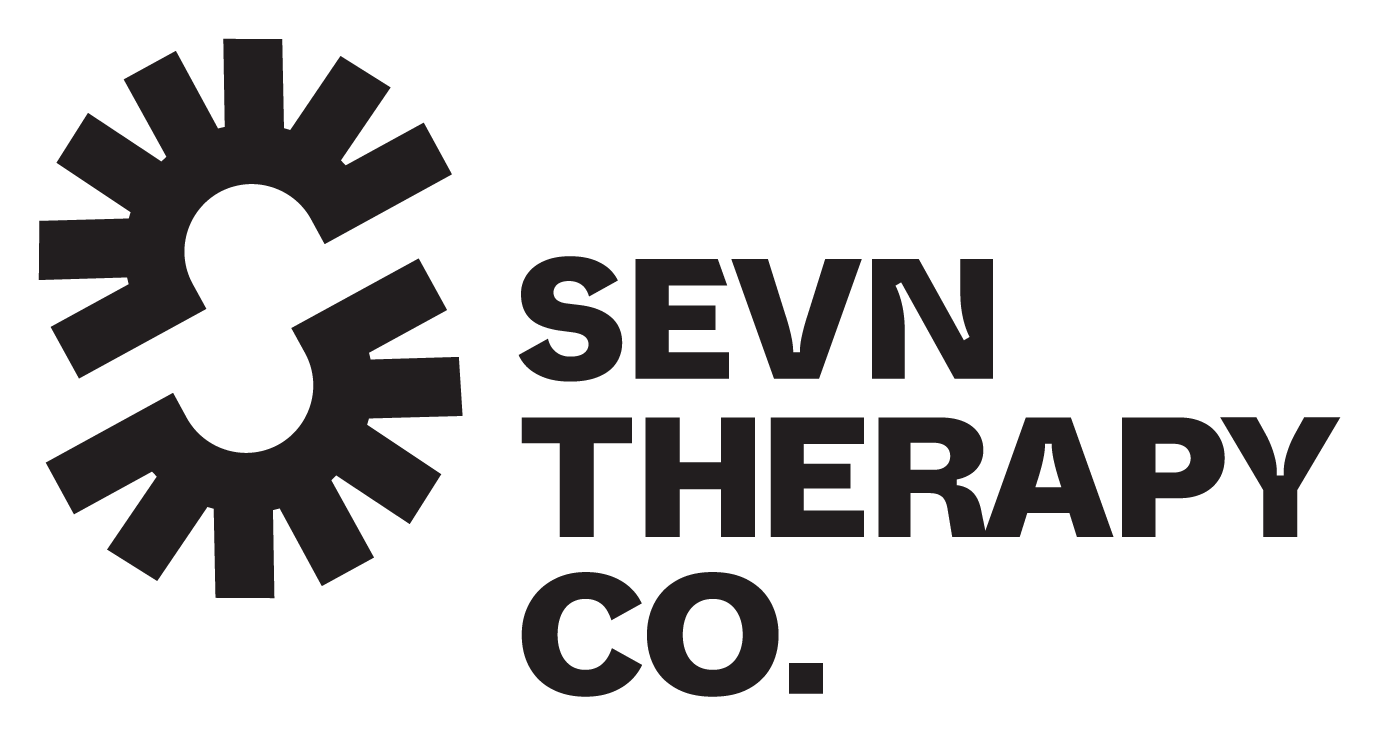Life Counseling: Ask yourself these questions before jumping to conclusions.

I saw this anonymous quote somewhere on social media, “I’ve got 99 problems and 86 of them are completely made-up scenarios in my head that I’m stressing about for absolutely no logical reason”, and not only did it make me giggle, but it made me realize that many of us are realllly good at jumping to conclusions. In other words, we are quick to make assumptions about situations or people without having all of the evidence. As a result, we jump to the worst possible assumption. Depending on the scenario, our own assumptions can cause all sorts of emotional turbulence. So, how do we stop our irrational way of thinking? One way is to seek out life counseling with a professional counselor.
One of the best life counseling methods to stop the madness is by using cognitive restructuring. By definition, it’s a method to help you notice and change negative thinking patterns. You can start by questioning your own assumptions, which allows you to realistically analyze the situation—is your conclusion fact or opinion based?
Here are 4 questions to ask yourself in these situations:
1. Why am I coming to this assumption?
2. What evidence do I have that supports my assumption?
3. What other possible explanations might there be regarding this situation?
4. Am I taking the actions or words of others personally when there is a possibility it’s not about me?
Taking a few minutes to answer these questions allows you to slow down your thoughts and rationally think through the situation. Let’s apply this to a scenario that I am sure many of us have encountered.
You call your friend, and when she answers she seems upset. Her responses are short and when you ask her if everything is ok, she finds a way to quickly get off the call. Immediately you assume that your friend is probably upset with you. You then start thinking through your last encounter with her, trying to figure out what you did during that encounter that could have possibly upset her. You might get stressed or angry assuming that it has to do with you, when you feel like you’ve done nothing wrong. It then ruins your mood or how you approach your friend the next time you speak.
Now let’s apply cognitive restructuring to the above scenario using a life counseling approach.
Why am I assuming that my friend is upset with me?
She was bland with her responses and rushed off the phone.
What evidence do I have that supports that she is upset with me?
None really—besides feeling as though she was curt with me.
What other possible explanations might there be?
She could just be having a bad day and I caught her at the wrong moment.
Am I taking it personally when it’s possibly not about me?
Absolutely- I am assuming that I did something to my friend at some point in time to upset her and I was unaware of it until we spoke on the phone. It could be several other factors in her life that have nothing to do with me. I will give my friend some time, reach out to her again, and discuss our previous call.
Later on, you find out that your friend had a stressful day at work, felt overwhelmed by her boss, and you had called her right as she was leaving the office and she was in no mood to talk about it at that moment.
Why life counseling techniques can help:
Had you not attempted to process your thoughts, you would have sat in the feeling of anger or stress over your friendship. You might have treated your friend differently during the next encounter which could have led to resentment or even an argument.
Practicing cognitive restructuring daily helps avoid jumping to conclusions. It might be hard at first to take a pause and work through the irrational thinking but after some time, you’ll find that the negative thought over situations occurs less and less. And if you need some extra help working through those negative thoughts, book a session with me! You can use this link to schedule online or call our Colleyville, Texas office at 817-778-0522.

Stephanie Silva, LPC-Associate
Supervised by Scott Martindale, LPC-S



